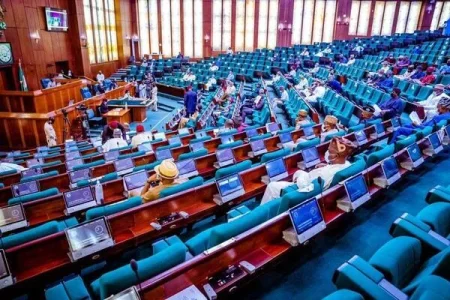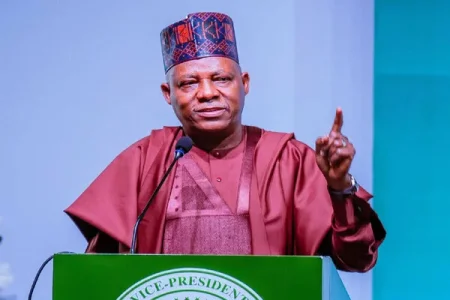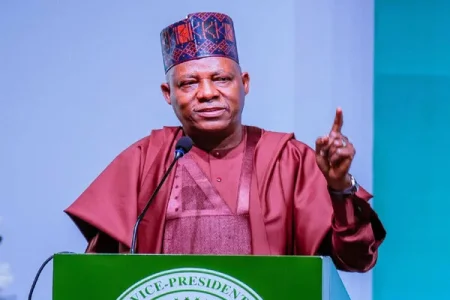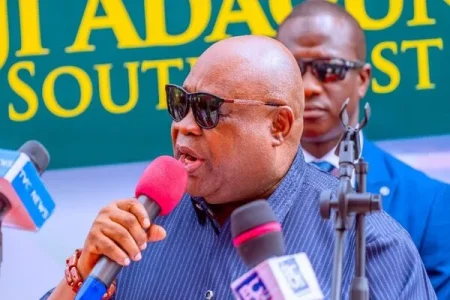
The House of Representatives in Nigeria rejected a crucial bill proposing electoral reforms. Sponsored by Awaji-inombek Abiante from the People's Democratic Party (PDP), the bill aimed to change the conditions for declaring winners in presidential and governorship elections.
Currently, candidates need the "highest number of votes" and one-quarter support in specific areas. The rejected bill suggested candidates must secure over 50% of the total votes. This was a response to past scenarios, like Bola Tinubu winning the presidency without a majority of total votes.
Despite efforts by Abiante, the House did not allow him to lead the debate. When the question was raised for a second reading, the majority voted against it. Even if it had passed, the bill would face a complex process, requiring approval from the Senate and state Houses of Assembly.
The rejection highlights challenges in reforming Nigeria's electoral system, impacting the democratic aspirations of its citizens.




